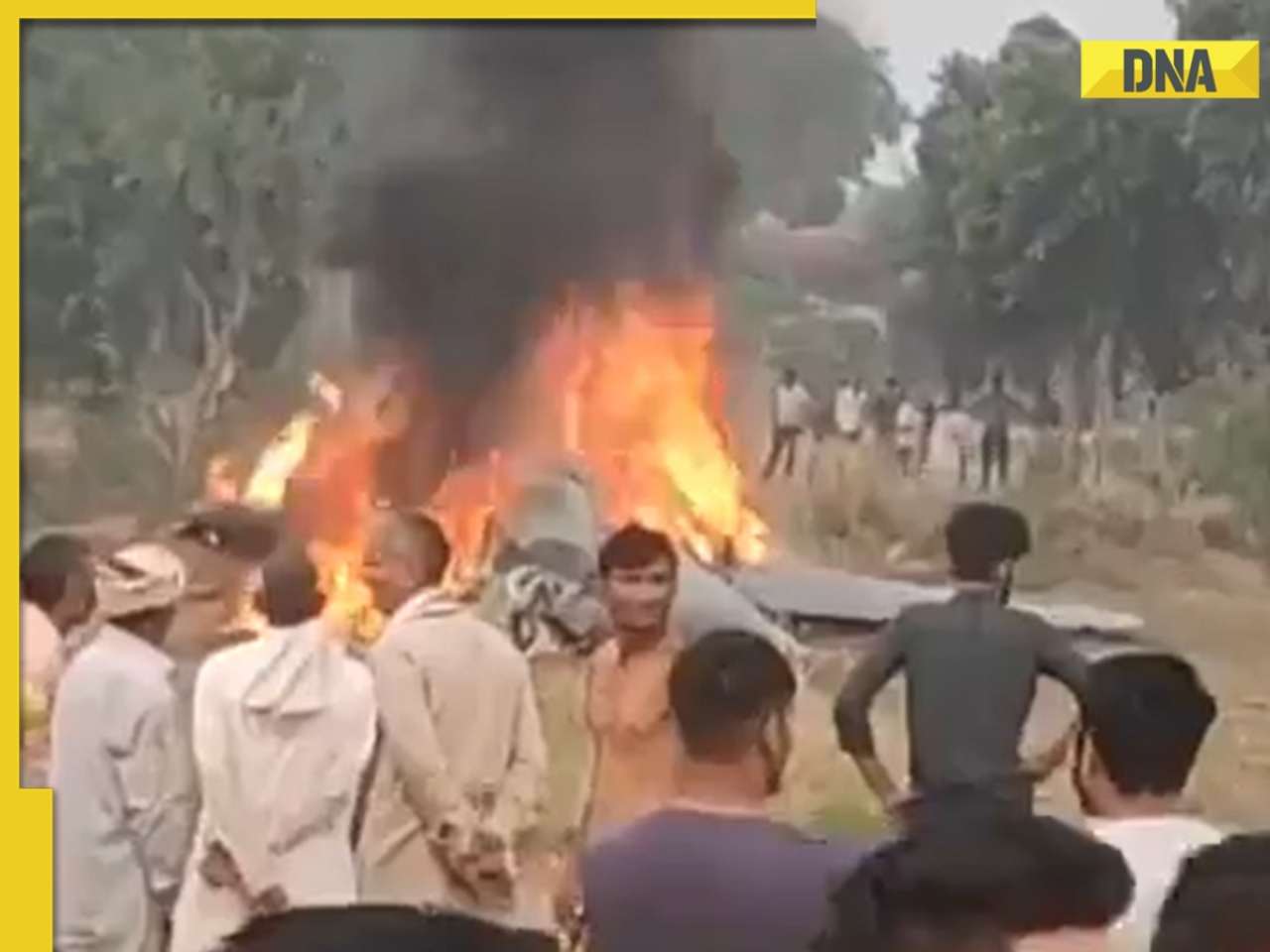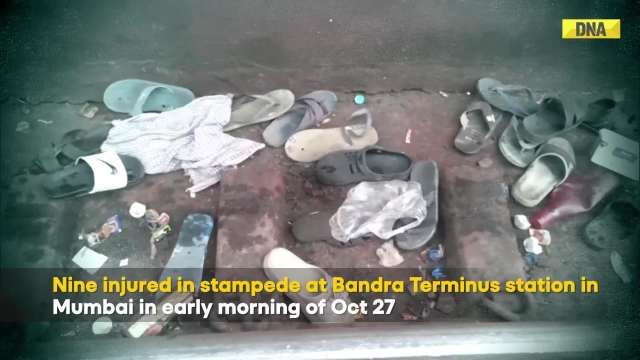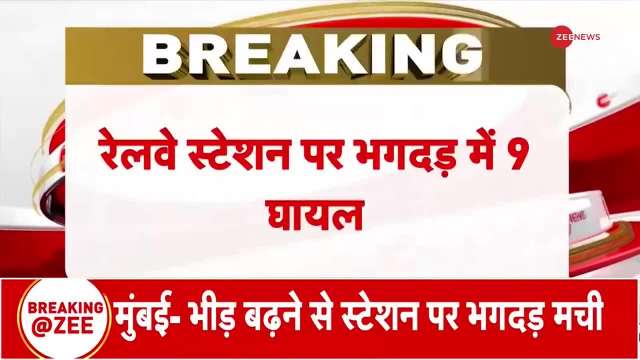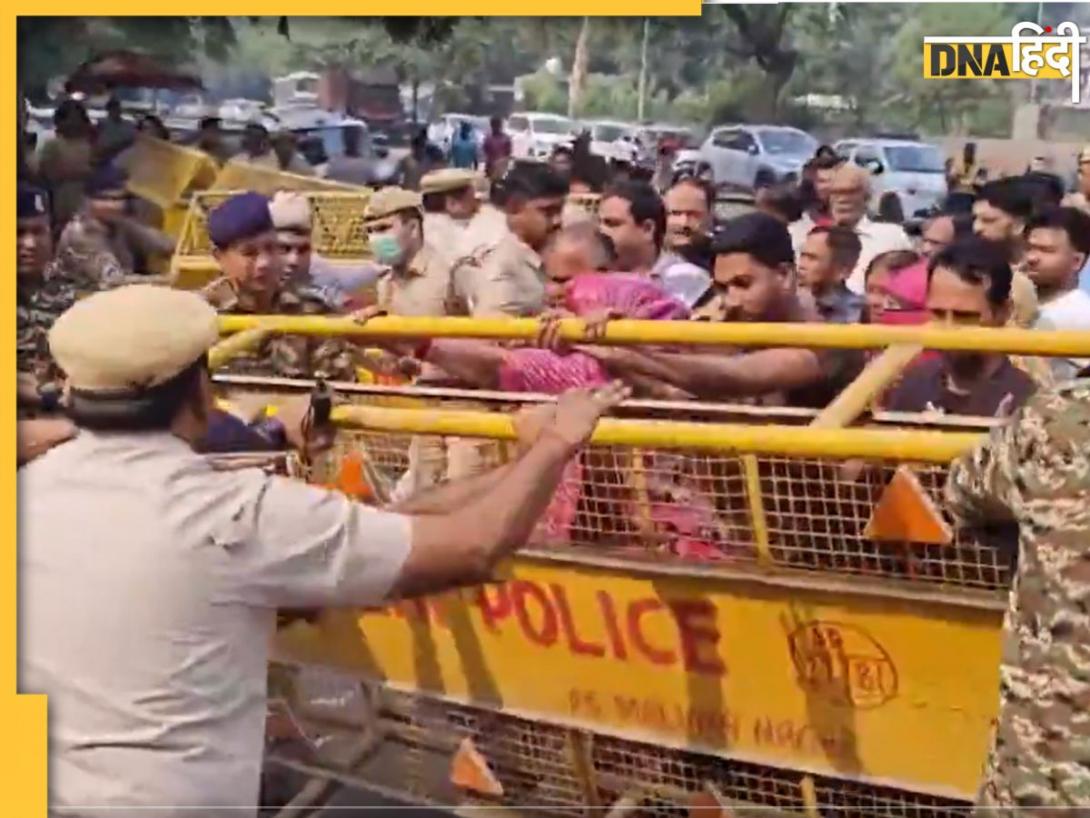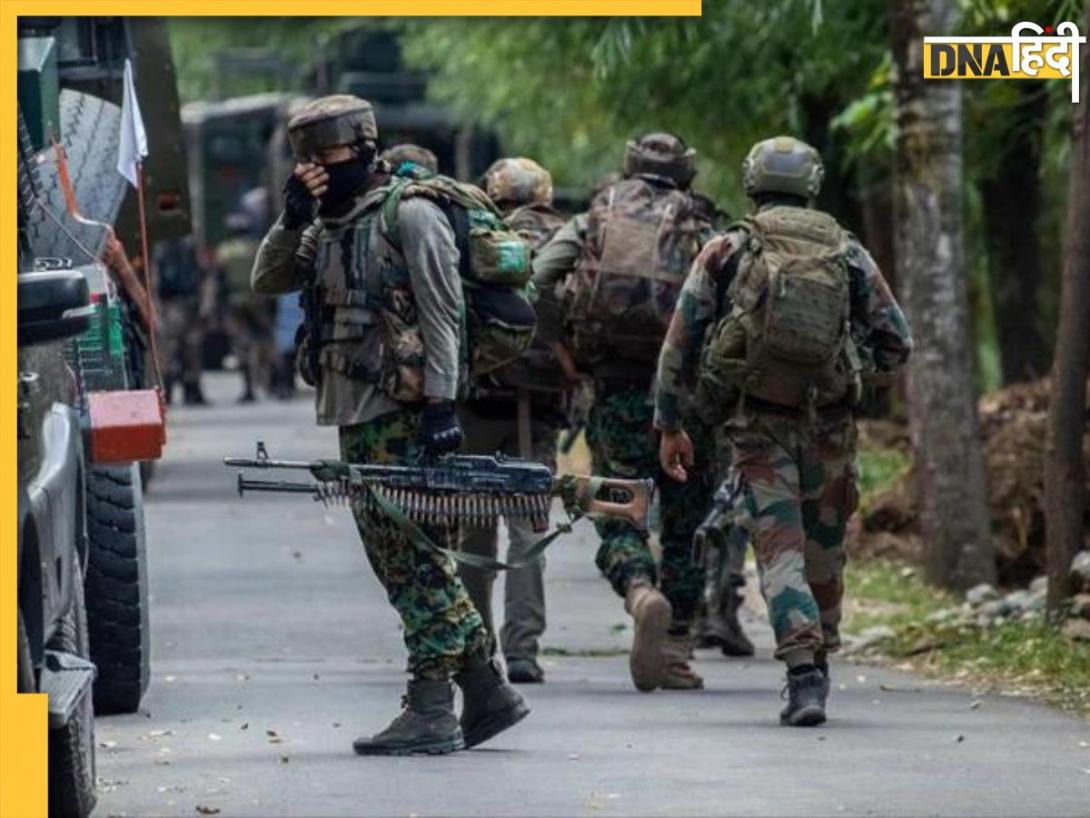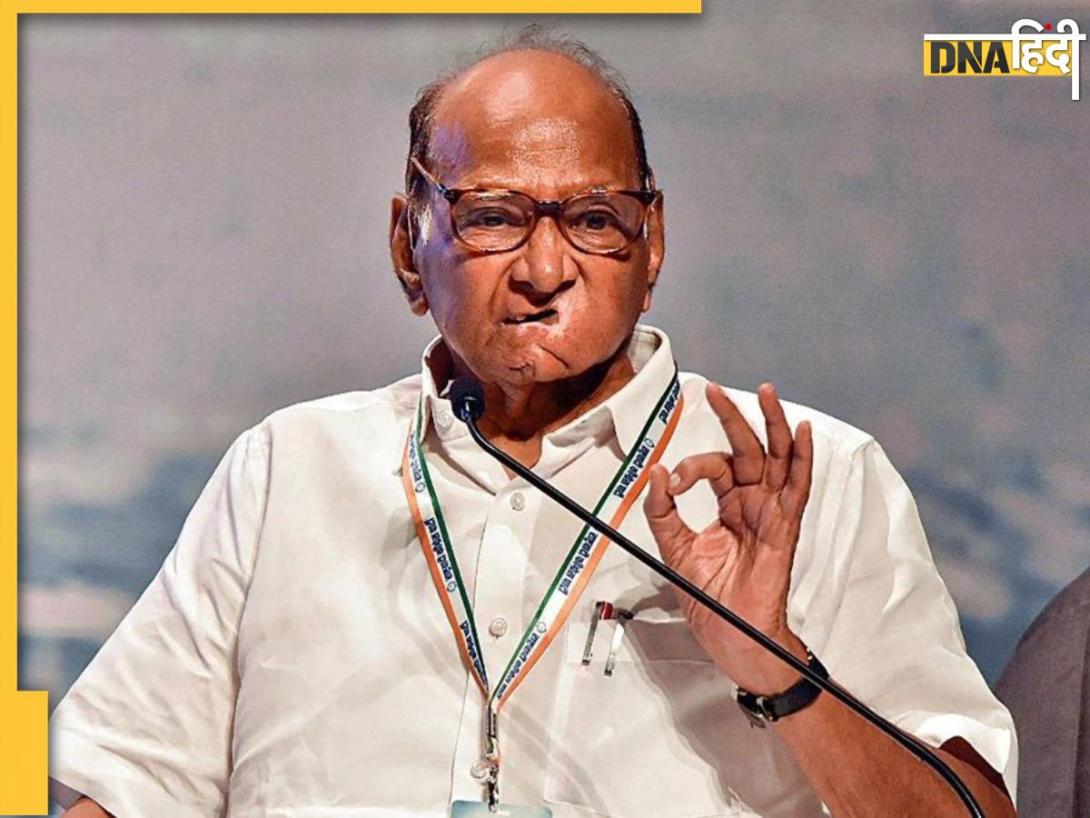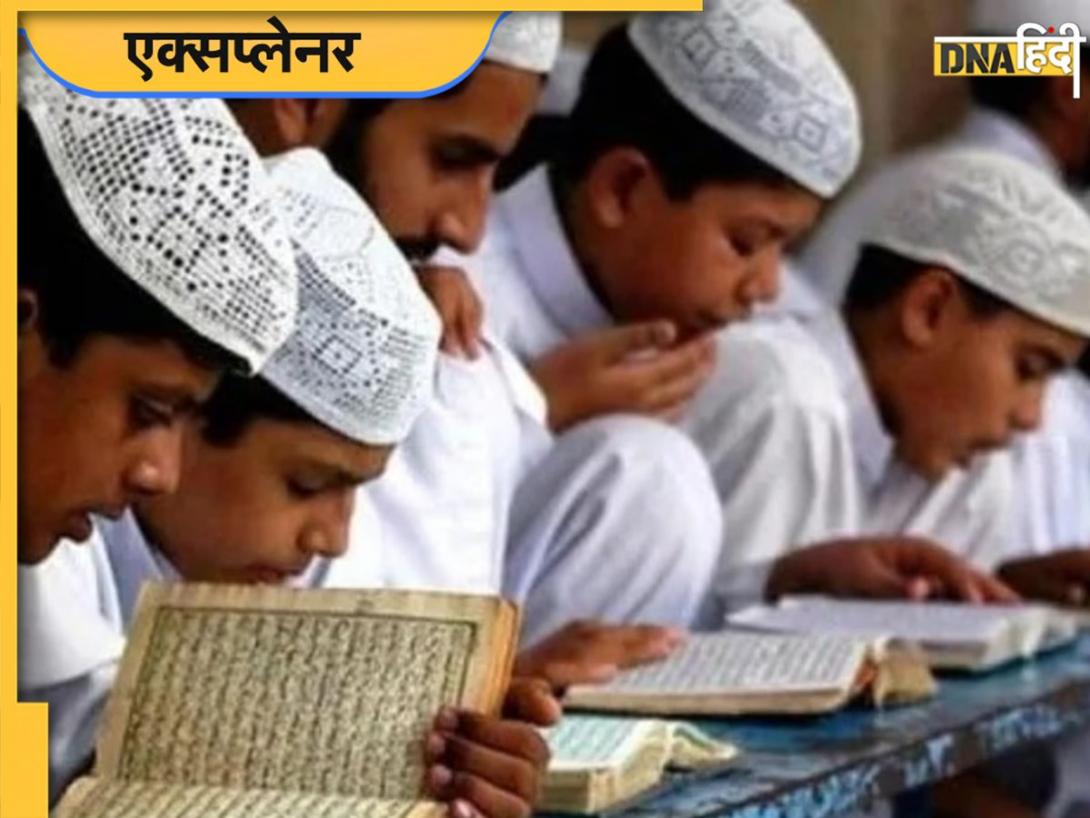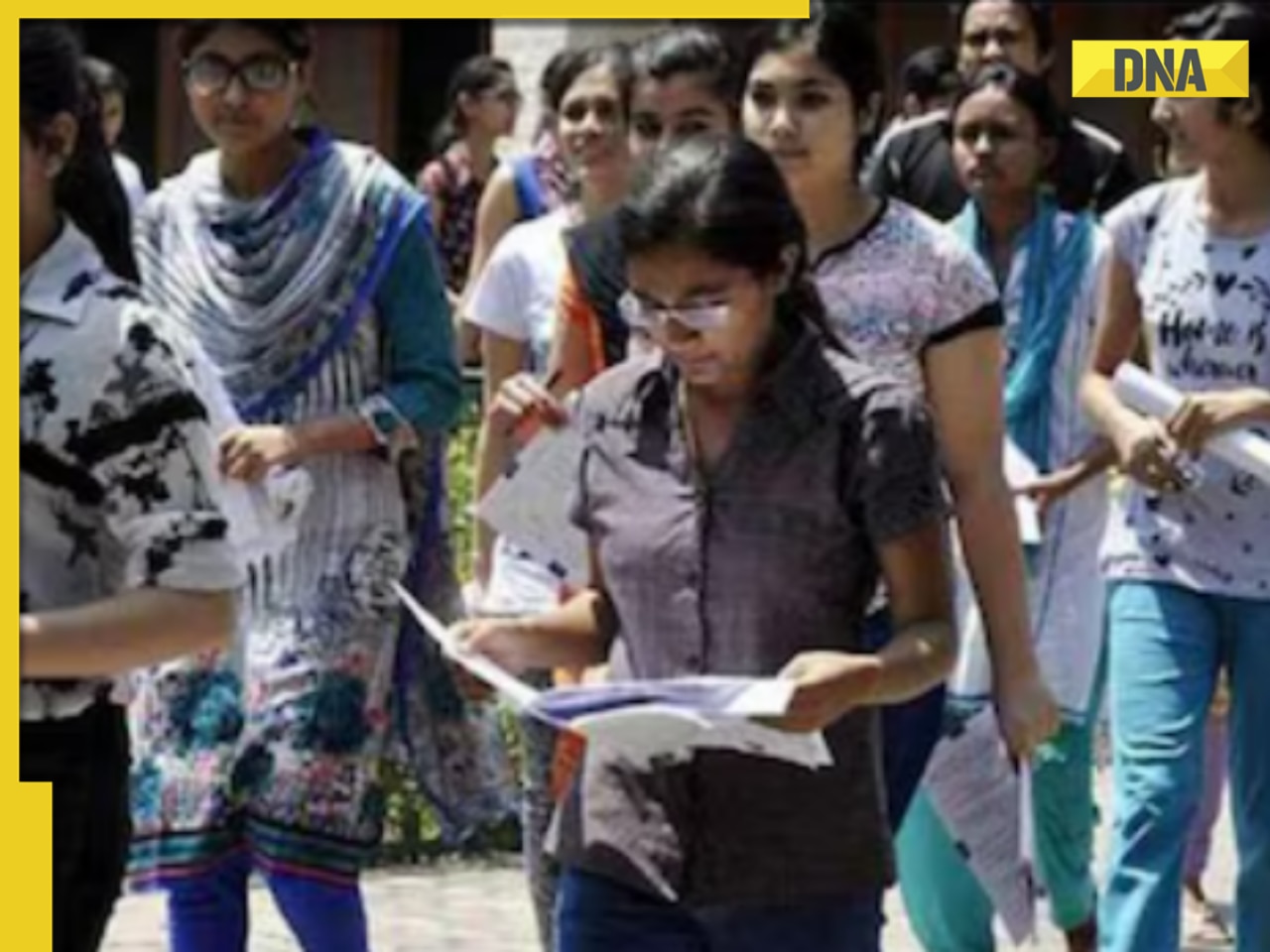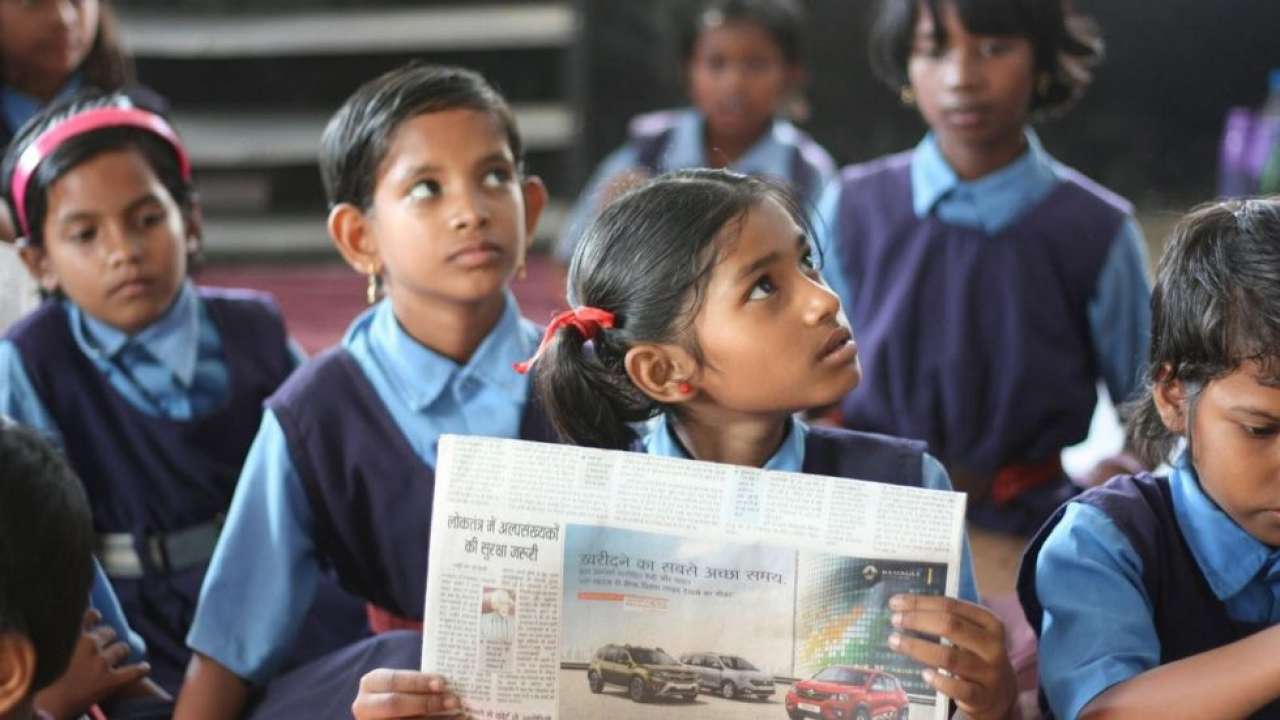- LATEST
- WEBSTORY
- TRENDING
ANALYSIS
Myanmar: An area of darkness
The patterns of violence associated with the country’s several subnational conflicts are varied
TRENDING NOW
The Rohingya Muslim crisis in the Rakhine province that has brought focus back on Myanmar is not the only conflict plaguing this Southeast Asian nation. Not many people know that at least 11 of Myanmar’s 14 provinces are embroiled in some form of strife. Rakhine is the only province where the conflict has attained communal proportions; all other conflicts are mostly ethnic in nature and the majority of ethnic armed organisations (EAOs) practice Buddhism. The contested areas include 118 of Myanmar’s 330 townships. That means that almost one-quarter of Myanmar’s population hosts one or more EAOs, challenging the authority of the central government. Some affected areas lie within 100 km of either the capital, Naypyidaw, or the largest city, Yangon.
A team of researchers associated with the Asia Foundation have lately found that in the South and East Asian region, Myanmar’s conflicts involve some of the most powerful non-state armed organisations. The United Wa State Army battling the Myanmar government has the capacity to mobilise as many as 30,000 troops. In 2015 and 2016, a total of 1,022 clashes between the government and EAOs were recorded across 63 townships. Local residents have been repeatedly displaced by conflict. As hundreds of thousands of Rohingya have fled to Bangladesh over the past few months, over 1,00,000 people had fled to Thailand in 2016. Many others were forced to flee to China to avoid fighting. Besides, close to 1,00,000 people remained displaced within Shan and Kachin States. Like in Afghanistan, some conflict-affected areas of Myanmar are governed by EAOs, to the extent that they operate parallel state-like agencies that build roads, train teachers, and administer local justice.
Of late, efforts have led eight EAOs to sign the Nationwide Ceasefire Agreement (NCA) which was initiated by the first transitional government of Thein Sein’s Union Solidarity and Development Party. The current National League for Democracy (NLD)-led government of State Counsellor Aung San Suu Kyi, and the Myanmar Armed Forces (Tatmadaw) have repeatedly stated that sustainable progress towards democracy and improved development will depend on the achievement of peace. The process is widely recognised by both international and national observers as a significant step, and it has reduced tensions in some areas. In 2005–06, the heaviest fighting was in parts of southeastern Myanmar, especially in areas where the Karen National Union (KNU) was active, and in southern Shan State. In contrast, Kachin State, in the north, was fairly quiet. A decade on, the situation had changed. Violent conflict between government armed forces and an alliance of four EAOs dominated the north of the country, while the KNU took part in the ongoing peace processes.
Many other areas of Myanmar are also prone to conflict, although they may not be affected by violence at any given time. In 2016, for example, clashes occurred in Kachin State, involving the Kachin Independence Organisation (KIO). The armed groups and their proxies were also engaged in a range of disputes; in Kayin State, on both sides of the border between Rakhine State and Chin State, where the Arakan Army (AA) and the Arakan Liberation Army (ALA) have their presence. Both of them practice the Buddhist religion and campaign on a nationalist agenda demanding more autonomy to the region. They have been openly hostile towards the Rohingya ethnic minority in Rakhine State, claiming that they are not natives of the region, but illegal immigrants from Bangladesh. In north of Rakhine, now the Arakan Rohingya Salvation Army (ARSA) has emerged as a new movement to protect interests of minorities. Ironically, it is the Buddhist groups who have been originally fighting Myanmar Army and Central rule in the region. Both the ethnic armed groups used to see Muslims as collaborators with the Central government, opposing their project of self-rule and a separate province.
According to Asia Foundation, the patterns of violence associated with Myanmar’s subnational conflicts are varied, at times involving heavy weapons as well as light arms. Repeated clashes between the Tatmadaw and EAOs during 2016 involved large ground forces seeking to gain control over territory in Kachin and northern Shan States. Both sides used artillery, and the Myanmar Air Force employed tactical air strikes. Elsewhere, conflict has been characterised by small arms fire between mobile armed Tatmadaw and nonstate armed patrols operating in rural areas, along with occasional attacks on strategic sites. Armed clashes and EAOs are also most prevalent in highly mountainous townships, where the guerrilla tactics that many EAOs adopt tend to be more effective, and where EAOs are able to maintain a close relationship with the local population.
The roots of violence in Rakhine State lie not only in communal violence, policy discrimination and harsh government security measures, but also in the subnational claims of EAOs to govern territory and to contest the authority of the Tatmadaw. As elsewhere in the country, the struggle of EAOs, local political parties, and local activists in Rakhine State is primarily against perceived exploitation and misrule by the central government. Fear and animosity between local ethnic groups is particularly strong in Rakhine State, but is also found in other areas affected by subnational conflict.
Rakhine political leaders fear that the presence of a large Muslim minority in Rakhine State will frustrate their long-term ambitions for greater autonomy. They can point to separatist territorial claims by Muslims in northern parts of the state, where the Rohingya constitute a majority of the population. These claims date back to the 1950s, when Rakhine separatists were also seeking territorial control. The Government of Myanmar suppressed both groups. Anti-Muslim sentiment across Myanmar has occurred alongside tensions in Rakhine State and has generated space for Rakhine activists to pursue their aims, at times through violent means. Ending Myanmar’s subnational conflicts will require continuing reforms and finding common ground on three national issues: Civilian versus military primacy within the government; centralisation versus devolution of political authority; and the nature of citizenship, inclusion, and ethnic people’s rights.
The author is Editor, strategic affairs, DNA
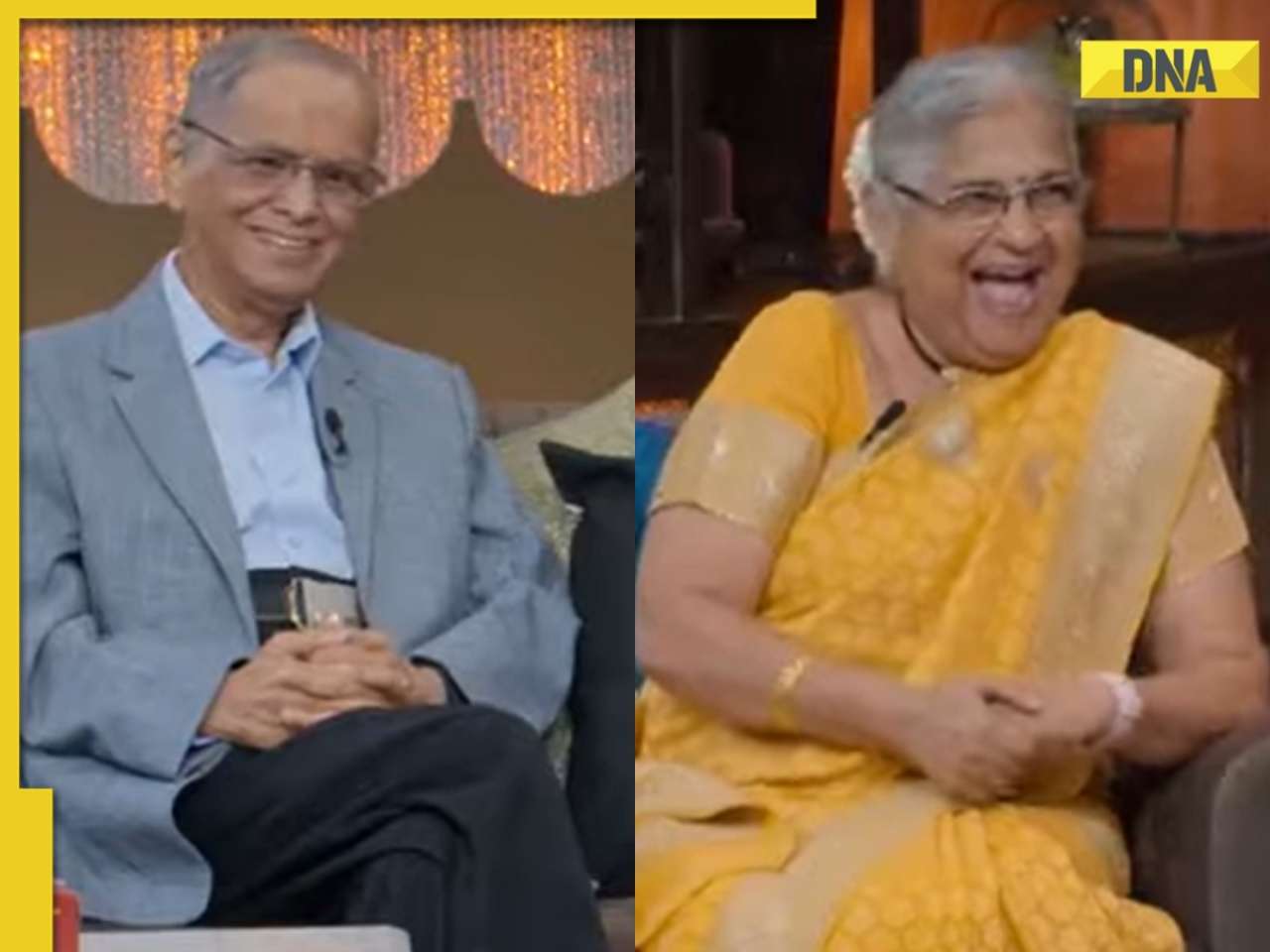






)
)
)
)
)
)
)
)
)
)
)
)
)
)
)
)





